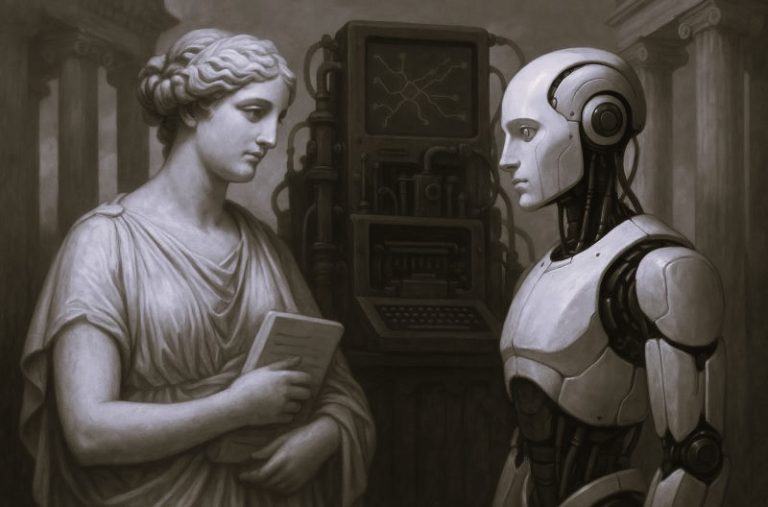

The standoff is one of the more noticeable splits between the president and members of his party.

By Ariana Figueroa
Congressional Reporter
States Newsroom
Introduction
Congressional Democrats are urging the White House to extend the freeze on student loan repayments, and for the president to cancel up to $50,000 of student debt — but so far the administration is not budging.
The standoff is one of the more noticeable splits between President Joe Biden and members of his party, who are applying intense pressure to provide more borrower relief as the expiration of a pandemic-era freeze nears.
Stephen Graves, the director of undergraduate studies for the Department of Black Studies at the University of Missouri, said in an interview that Black student borrowers are going to be affected the most by the end of the freeze, and he warned it could affect turnout of young adults at the polls in 2022.
“A lot of Black students usually end up with undergraduate degrees, and or majors, or taking jobs that are less likely to allow them to pay back those student loans,” he said.
During a recent press briefing, White House press secretary Jen Psaki told reporters that the Biden administration has not directed the Department of Education to continue the pause on student loan repayments, which ends on Jan. 31.
Psaki said that President Joe Biden supports a $10,000 per borrower cancellation of student debt, if passed by Congress.
“If Congress sends him a bill, he’s happy to sign it,” she said. “They haven’t sent him a bill on that yet.”
Emergency Freeze
In the beginning of the pandemic, in March 2020, the Trump administration issued an emergency pause on student loan repayments. Both the Trump and Biden administrations extended it. The pandemic is still ongoing, and the U.S. just surpassed 800,000 deaths due to the coronavirus.
Senate Democrats now are urging Biden to use his executive privilege to cancel up to $50,000 worth of student loan debt.
“There have been questions and asks about what executive authorities could be used; that has been under review,” Psaki said on Tuesday. “I don’t have anything to report on that at this point in time.”
Senate Majority Leader Chuck Schumer, a New York Democrat, said on the Senate floor that congressional approval is not necessary, and that Democrats lack the votes on their own to pass legislation that would cancel student debt.
In an evenly divided Senate, Democrats would need all their party members to fall in line, along with 10 Republicans, due to current Senate filibuster rules.
“This is about taking one commonsense, easy step to save peoples’ costs; it’s about racial equity; and it’s about giving people more opportunities to build wealth and achieve the American dream and the administration can do it on its own,” Schumer said.
The Federal Reserve estimates that the total U.S. student loan debt is more than $1.75 trillion. The Department of Education owns about 92% of that student loan debt, which is why Democrats argue Biden has the authority to wipe out student debt through an executive order.
Sen. Raphael Warnock of Georgia, along with 13 Senate Democrats, sent a letter to Biden, arguing that the country is still in a state of national emergency due to the pandemic and that the administration should extend the freeze.
“The U.S. Department of Education (“Department”) notes the waiver of student loan interest is saving borrowers an additional $5 billion each month,” they wrote in the letter. “This is money that is now available for housing, food, and other daily necessities to help borrowers support themselves, their families, and their communities during this pandemic.”
Other senators who signed on include Ron Wyden of Oregon, Cory Booker of New Jersey, Sherrod Brown of Ohio, Tina Smith of Minnesota, Chris Van Hollen of Maryland and Tammy Baldwin of Wisconsin, among others.
Some Loan Forgiveness
The Biden administration has forgiven up to $11.5 billion in loans for nearly 600,000 borrowers.
However, that forgiveness only applies to borrowers in specific circumstances — those who have permanent disabilities, who attended schools that are no longer in operation or public service workers.
During a town hall in Wisconsin in February, Biden was clear that he did not support the cancellation of up to $50,000 per student borrower and said that he only supported a $10,000 cancellation by Congress.
In a letter to Biden, the Student Borrower Protection Center — a student loan advocacy group — along with 200 organizations pushed for immediate student debt relief.
“It is critical that your administration continue to deliver on your promises made to student loan borrowers and their families before ending the pause in payments and collections,” according to the letter.
“Borrowers need immediate relief from the crushing burdens of massive student loan debt as the pandemic exacerbates financial strain for all Americans and throws existing racial disparities in wealth and educational attainment into especially stark relief.”
The organizations pointed out that the “burden of student debt and the costs of our broken student loan system fall disproportionately on Black and Brown borrowers.”
The Brookings Institution, a left-leaning think tank, reported in 2016 that, on average, Black students who graduated owed $7,400 more than white, Asian and Latino students who graduated at the same time.
Repayment Struggles
The Biden administration has forgiven up to $11.5 billion in loans for nearly 600,000 borrowers.
However, that forgiveness only applies to borrowers in specific circumstances — those who have permanent disabilities, who attended schools that are no longer in operation or public service workers.
During a town hall in Wisconsin in February, Biden was clear that he did not support the cancellation of up to $50,000 per student borrower and said that he only supported a $10,000 cancellation by Congress.
In a letter to Biden, the Student Borrower Protection Center — a student loan advocacy group — along with 200 organizations pushed for immediate student debt relief.
“It is critical that your administration continue to deliver on your promises made to student loan borrowers and their families before ending the pause in payments and collections,” according to the letter.
“Borrowers need immediate relief from the crushing burdens of massive student loan debt as the pandemic exacerbates financial strain for all Americans and throws existing racial disparities in wealth and educational attainment into especially stark relief.”
The organizations pointed out that the “burden of student debt and the costs of our broken student loan system fall disproportionately on Black and Brown borrowers.”
The Brookings Institution, a left-leaning think tank, reported in 2016 that, on average, Black students who graduated owed $7,400 more than white, Asian and Latino students who graduated at the same time.
Originally published by Florida Phoenix, 12.17.2021, under the terms of a Creative Commons Attribution-NonCommercial-NoDerivatives 4.0 International license.






